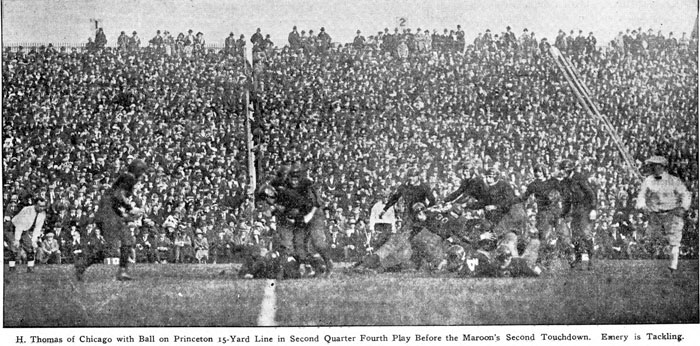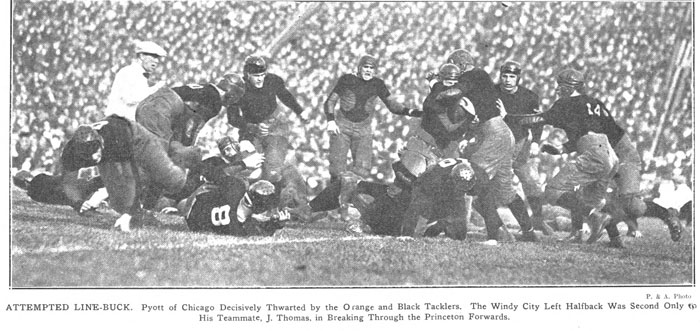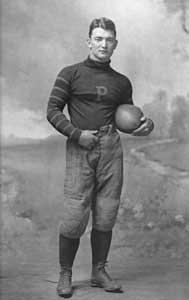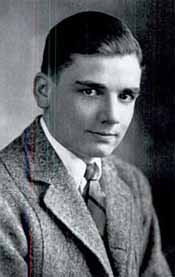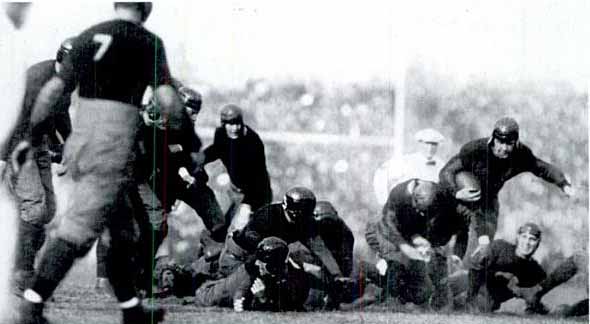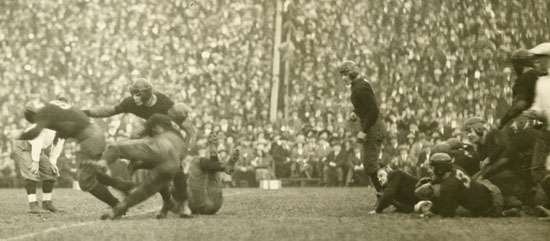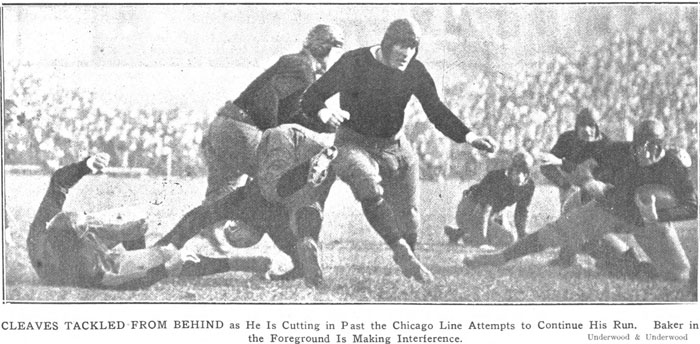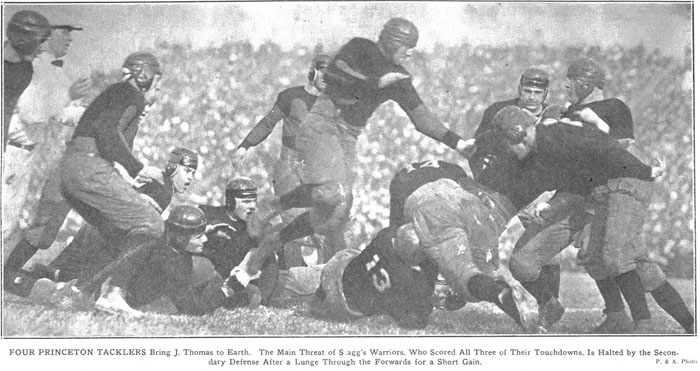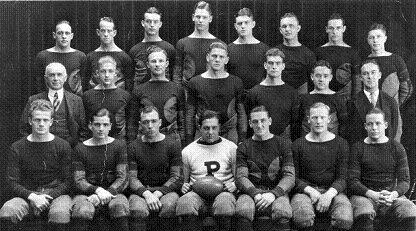|
Pro Player
NFL All-Star Game Televised Game Pro Telecast Full-Time Scouting Staff All-American Team NFL Draft Website African-American Draft Choice Conference
Scoreboard Pro Football 100,000 Crowd SEC Champions Eleven on a Side Straight Wedge Coast-to-Coast TV Game Football Rankings Egg Bowl AFL Game Helmet Radio Flying Wedge AFL Draft
No Punts Seven FGs in a Game Jersey Numbers Play-by-Play Transmission; Little Brown Jug Indoor Major College Game Game and Student Section New Pittsburgh Coach NCAA TV Schedule Nickel Defense Southern Athletic Conference
Perfect NFL Kicker College All-Star Game "The Big Game"
|
|||||||||||
